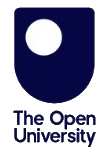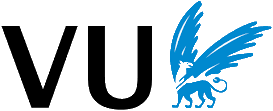The 24th International Conference on Knowledge Engineering and Knowledge Management (EKAW-24) encompasses the diverse realms of eliciting, acquiring, modeling, and managing knowledge. The conference addresses the pivotal role of knowledge in constructing systems and services for the semantic web, knowledge management, knowledge discovery, information integration, natural language processing, intelligent systems, e-business, e-health, humanities, cultural heritage, and beyond. In particular, EKAW-24 emphasises the role of Language Models (LLMs) in Knowledge Engineering and Management . Besides the regular conference tracks, EKAW will also host workshops and tutorials. Workshops and tutorials will only be held on site.
- EKAW Workshops provide an informal setting in which participants have the opportunity to discuss specific topics in an atmosphere that fosters the exchange of ideas via networking activities.
- EKAW Tutorials will enable attendees to fully engage in emerging methods and technologies relevant to knowledge representation and management, established schools of thought, and exciting application areas.
As of June 14, 2024, the window for submitting Workshop/Tutorial proposals has closed. You can view the selected Workshops and Tutorials here: Workshops and Tutorials
We have selected four workshops. Paper submissions for each of these workshops are currently open.

